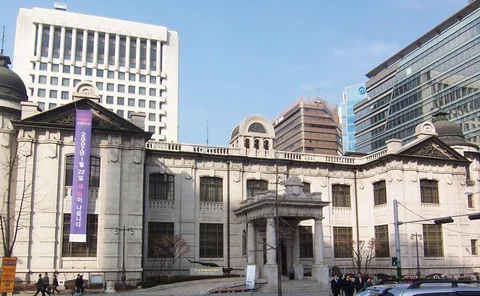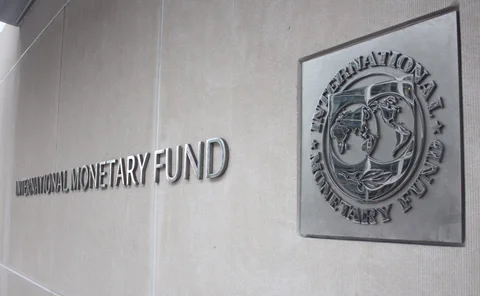Research
BoE paper tackles big data on Swiss franc de-pegging
Trade repository data sheds light on liquidity problems and market fragmentation around the removal of the SNB’s Swiss franc floor in January 2015
Terms-of-trade shocks affect house price fluctuations – paper
Bank of Canada research shows terms of trade shocks explain large percentage of variance in house price growth; most of the variation associated with changes in real import prices, authors say
Colombian macro-pru measures have been effective, paper shows
Paper analyses the impact of macro-prudential measures on credit supply of banks; both reserve requirement and dynamic provisioning scheme have negative effect on credit growth
New data sheds light on policy spillover channels – BIS paper
Expanded data published by the BIS show how US dollar, euro and yen affect cross-border lending flows
News cycle can give estimate of business cycle – Norges Bank paper
Index derived from business newspaper is both more timely and more accurate than traditional business cycle indicators, author says
Paper examines “puzzles” in monetary policy transmission
HKIMR paper highlights differences in monetary policy transmission between advanced and emerging markets; “puzzles” are more severe for emerging markets
Paper uses Swedish refugee data to assess financial literacy
Authors say the randomly determined placement of refugees in Sweden provides a handy natural experiment on how financial literacy can spread
BoE paper experiments with measuring vulnerabilities
The study finds the US had highest levels of vulnerability in the run-up to the 2008 financial crisis, with Asia and Europe appearing “robust”; the picture has now reversed, authors say
ECB bulletin emphasises importance of monitoring uncertainty
Increases in uncertainty adversely impact the economy, research says, encouraging policymakers to introduce measures to mitigate its impact
Adopting inflation target can create higher inflation – paper
Bank of Korea working paper finds positive relationship between inflation target and inflation, implying some central banks may be tempted to move the goalposts
BoE article sees benefits to agent-based modelling
“Bottom-up” approach is complementary to models that are already widely used; the Bank of England has created new models for both housing and corporate bond markets
IMF paper shows US monetary conditions impact EM leverage
Impact is more pronounced for firms that are dependent on external financing, authors find; sample shows financial conditions have the ability to influence borrowing constraints
RBI paper unpacks India’s non-performing loan troubles
Authors find bank risk-taking is procyclical and the level of non-performing loans responds to the interest rate environment and the overall growth of the economy
Non-linear shocks create asymmetric policy impacts – paper
Bank of England working paper shows a shock to mortgage spreads has more of an impact on the real economy during periods of recession, with implications for policy
Netherlands paper exposes differing capital flows across EMU
Paper examines the mechanism behind divergence of north and south eurozone members, as capital flows caused external imbalances to move in opposite directions
IMF paper links Chinese growth to ‘drastic increase’ in inequality
Rapid growth in recent decades linked to rising economic inequality, with consumption and income inequality co-moving closely
Icelandic paper finds evidence of rising natural rate
Authors attempt the notoriously difficult process of estimating the natural rate, using various models; rate appears to be on the rise
BoE studies effects of capital requirements on balance sheets
After the financial crisis, banks placed more emphasis on asset deleveraging and adjusted their capital management practices
BIS economists model benefits of leaning against the wind
Endogenous model of financial crises points to benefits of using monetary policy to lean against financial imbalances, in contrast to many other studies
BoE paper drops rational expectations to solve unemployment puzzles
Replacing rational expectations with adaptive learning helps fit the standard theory of unemployment to the data, economists find
IMF paper offers more granular stress testing framework
IMF applies new stress testing framework to Ecuador’s banking sector; framework offers more efficient surveillance, authors argue
Researcher uses dynamic factor model for ‘nowcasting’
Research makes three additions to widely-used model
BIS paper identifies spillovers from targeted macro-prudential policies
Applying tools narrowly to a sector may nevertheless affect other sections of the financial system, authors find
Spanish paper looks at eurozone inflation expectations
Pan-eurozone factors are more important than country-specific forces, paper says























